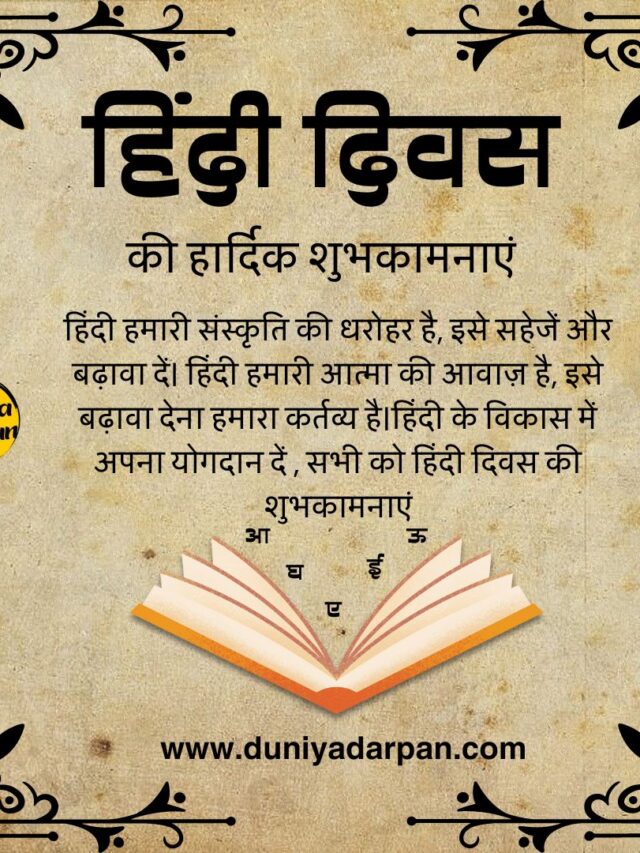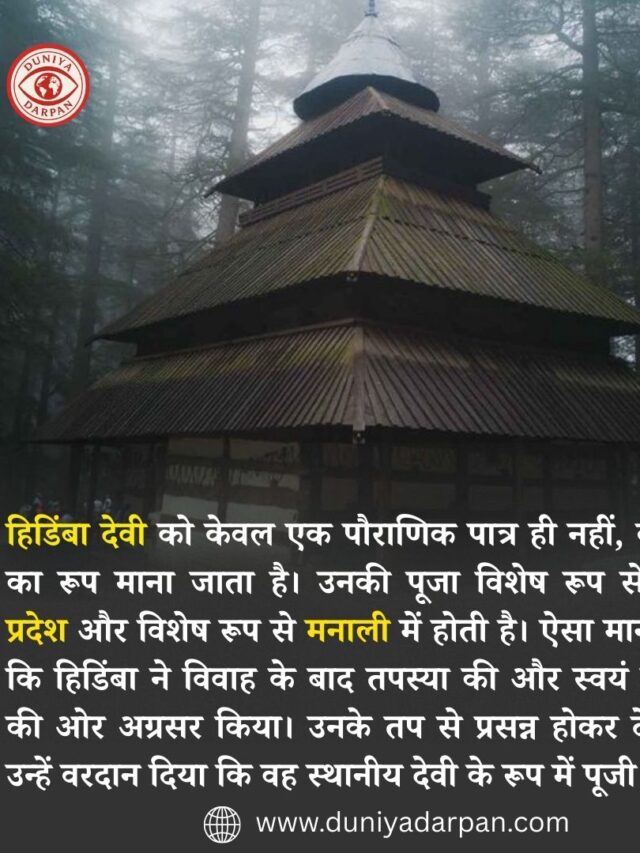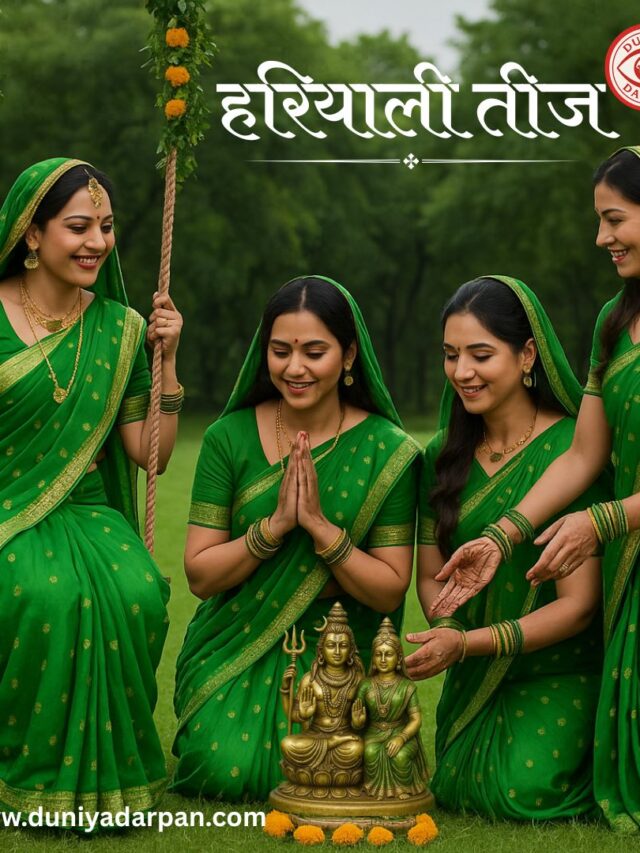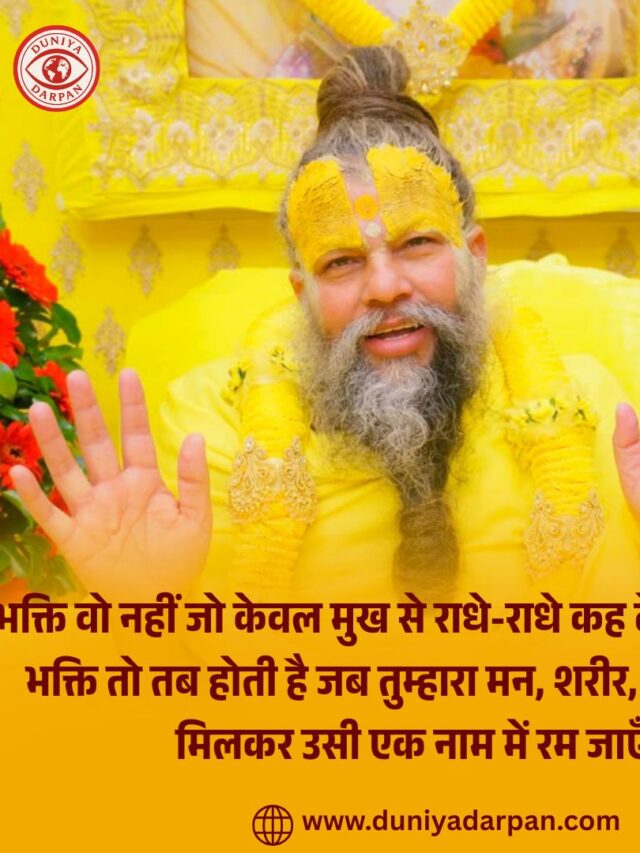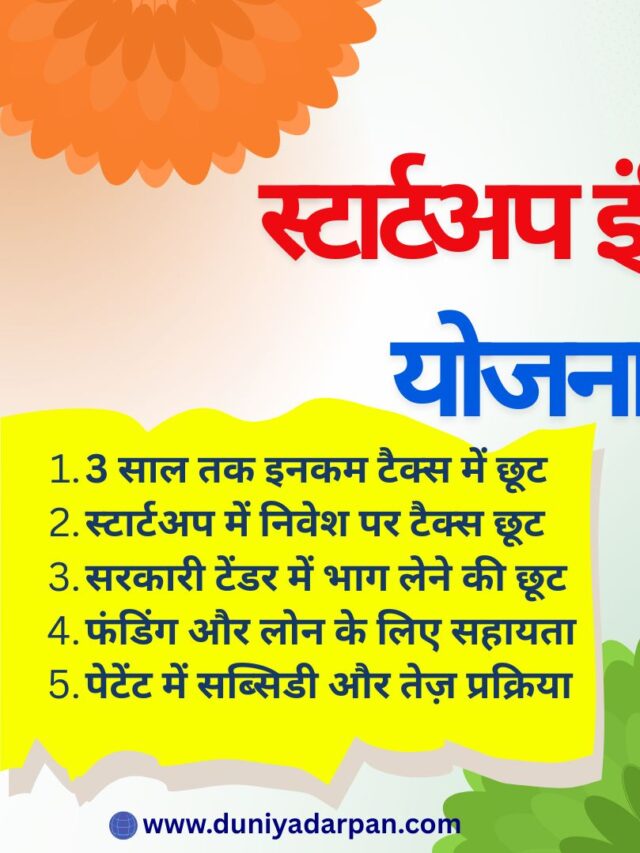Savitribai Phule: The Torchbearer of Women’s Education and Social Reform in India
Savitribai Phule, a pioneering educator, social reformer, and poet, was one of India’s first female teachers and a relentless advocate for women’s rights. She played a crucial role in breaking the chains of caste and gender discrimination in 19th-century India. Alongside her husband, Jyotirao Phule, she laid the foundation for women’s education and social reform, leaving an indelible mark on India’s history.
Early Life and Education
She was born on January 3, 1831, in Naigaon, Maharashtra, in a backward caste family. In an era when education for girls was unthinkable, her progressive husband, Jyotirao Phule, encouraged her to study. She defied societal norms, receiving training as a teacher and later becoming India’s first female educator.
Pioneer of Women’s Education
In 1848, Savitribai and Jyotirao Phule established the first school for girls in Pune at Bhide Wada. Facing immense resistance from orthodox communities, she was often attack with stones and cow dung while walking to school. Yet, her resolve remained unshaken. Over time, she opened 18 schools for girls, providing education to marginalized communities.
Social Reforms and Empowerment
Savitribai Phule was much more than an educator she was a fierce social reformer who fought against caste oppression, child marriage, and the plight of widows. Some of her major contributions include:
- Balhatya Pratibandhak Griha: A home for widows and victims of child marriage, ensuring their safety and dignity.
- Satya Shodhak Samaj (1873): Supporting her husband’s organization, which fought for social justice and equality for the lower castes.
- Fight Against Caste Discrimination: She actively worked against the Brahmanical patriarchy that denied education to Dalits and women.
- Healthcare Initiatives: During the 1897 plague outbreak, she personally served the affected, eventually succumbing to the disease.
Literary Contributions
A prolific poet, Savitribai Phule’s poetry and writings reflected her fight against social injustice. Notable works include:
- Kavya Phule (1854): A collection of poems advocating education and equality.
- Bavan Kashi Subodh Ratnakar (1892): A social commentary on caste oppression and women’s rights.
Legacy and Impact
Savitribai Phule’s contributions have left a profound impact on Indian society. Today, she is the Mother of Indian Feminism. The Savitribai Phule University in Pune and numerous institutions are named in her honor. Her birth anniversary, January 3, is celebrated as Balika Din (Girl Child Day) in Maharashtra.
Released on April 25, 2025, Phule is a powerful Hindi biographical drama that brings to life the inspiring journey of Jyotirao Phule and Savitribai Phule, two of India’s earliest and most fearless social reformers. Directed by Ananth Narayan Mahadevan, the film stars Pratik Gandhi and Patralekha in lead roles, portraying the real-life couple who challenged deeply entrenched caste and gender norms in 19th-century Maharashtra.
At Last-
Savitribai Phule’s relentless struggle for education, social justice, and women’s rights makes her an icon of empowerment. Above all she paved the way for generations of women to seek education and independence. And she took her last breath on 10 March 1897. Her life’s work continues to inspire modern India in its journey towards gender equality and social progress.
Frequently Asked Questions (FAQs) about Savitribai Phule
1. Who was Savitribai Phule?
She was India’s first female teacher, a social reformer, and a pioneer of women’s education during British rule. She worked tirelessly for the upliftment of women and lower castes in 19th-century India.
2. What are the major contributions of Savitribai Phule?
She established the first girls’ school in Pune in 1848, fought against caste discrimination, worked for widow remarriage, and started the Satyashodhak Samaj with her husband, Jyotirao Phule.
3. When and where was Savitribai Phule born?
She was born on January 3, 1831, in Naigaon, Maharashtra.
4. Why is Savitribai Phule called the ‘First Female Teacher of India’?
She is recognized as the first Indian woman to become a teacher and open a school for girls, breaking deep-root societal taboos and promoting gender equality in education.
5. How did Savitribai Phule fight for women’s rights?
She promoted female literacy, opened schools for girls and untouchables, supported widow remarriage, and provided shelter to rape survivors and abandoned children.
6. What is Savitribai Phule Jayanti and why is it celebrated?
Savitribai Phule Jayanti is on January 3 every year to honor her legacy as a feminist icon and educational reformer. And It highlights her work towards women empowerment and social equality.
7. What were the challenges faced by Savitribai Phule?
She faced social ostracism, threats, and even physical attacks for educating girls and Dalits, but she remained undeterred and continued her mission for social justice.
8. Did Savitribai Phule write any books or poems?
Yes, she wrote powerful poems and essays advocating women’s rights. And Her notable works include “Kavya Phule” (1854) and “Bavan Kashi Subodh Ratnakar” (1892).
9. What is the legacy of Savitribai Phule in modern India?
She is a symbol of courage, education, and equality. Many universities, public spaces, and government schemes are named after her to inspire future generations.
10. Where can I read more about Savitribai Phule in Hindi?
You can read a detailed article about Savitribai Phule in Hindi on Duniya Darpan, which covers her biography, achievements, and social reforms.
For more update – Duniyadarpan



